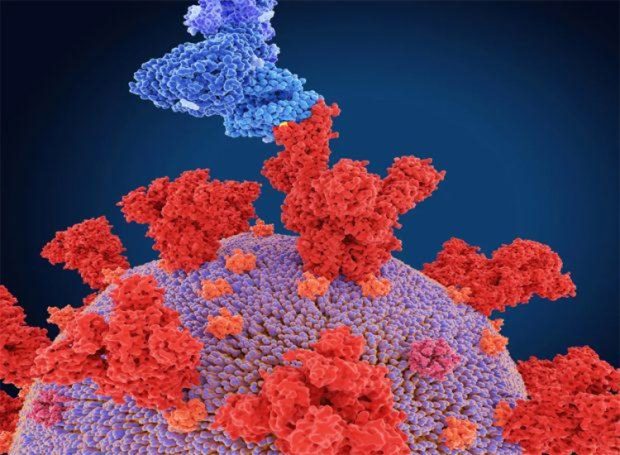
When am I contagious if infected with Omicron?
PTI, Jan 16, 2022, 9:22 AM IST

It’s not yet clear, but some early data suggests people might become contagious sooner than with earlier variants—possibly within a day after infection.
The US Centers for Disease Control and Prevention says people with the coronavirus are most infectious in the few days before and after symptoms develop. But that window of time might happen earlier with Omicron, according to some outside experts.
That’s because Omicron appears to cause symptoms faster than previous variants—about three days after infection, on average, according to preliminary studies. Based on previous data, that means people with Omicron could start becoming contagious as soon as a day after infection.
With previous variants, people became contagious two to four days after infection. And people remain contagious a couple days after symptoms subside.
Researchers say it’s too early to know whether that shorter incubation period for Omicron translates into earlier contagiousness. But it would help explain the variant’s rapid spread.
Dr. Amy Karger of the University of Minnesota Medical School recommends that people test themselves at three days and five days after exposure if possible.
“A lot of people are turning positive by day three,” Karger says, referring to Omicron. “There’s basically an opportunity here to catch people earlier than you would with the other variants.”
If you only have one test, it’s fine to wait until day five, Karger says.
People who have Covid-19 symptoms should get tested immediately if possible.
Lab-developed tests are more sensitive than rapid tests so they should be able to pick up the virus by day three after exposure, if not earlier.
People who don’t develop symptoms generally have much lower viral levels, so it’s far less clear when or if they become infectious.
Still, those who test positive but don’t have symptoms should isolate for at least five days, under the latest CDC guidelines. The agency came under criticism for not requiring a negative test before leaving isolation, but even after tweaking the guidelines officials said that step should be optional.
People with symptoms should stay isolated until they have been fever-free for at least 24 hours.
Udayavani is now on Telegram. Click here to join our channel and stay updated with the latest news.
Top News

Related Articles More

Drinking tea, coffee linked to lower risk of head and neck cancer: Study

Study shows how brain chemicals control eating, could help develop improved obesity drugs

‘Faster walkers’ had significantly lower risk of diabetes, hypertension: Study

World Meditation Day 2024: Celebrating inner peace and well-being

Virus causing gut infections could play role in development of Alzheimer’s: Study
MUST WATCH
Latest Additions

Two youths die after bike hits canter while performing stunt wheelies

Karkala: Thief posing as customer steals jewellery, escapes

Shivakumar seeks research centre at Bangalore University for Ex-PM Manmohan Singh

Kharge urges PM Modi to conduct last rites of Manmohan Singh at a place where memorial can be built

Shuttler Lakshya sails into semifinals of King Cup
Thanks for visiting Udayavani
You seem to have an Ad Blocker on.
To continue reading, please turn it off or whitelist Udayavani.





















